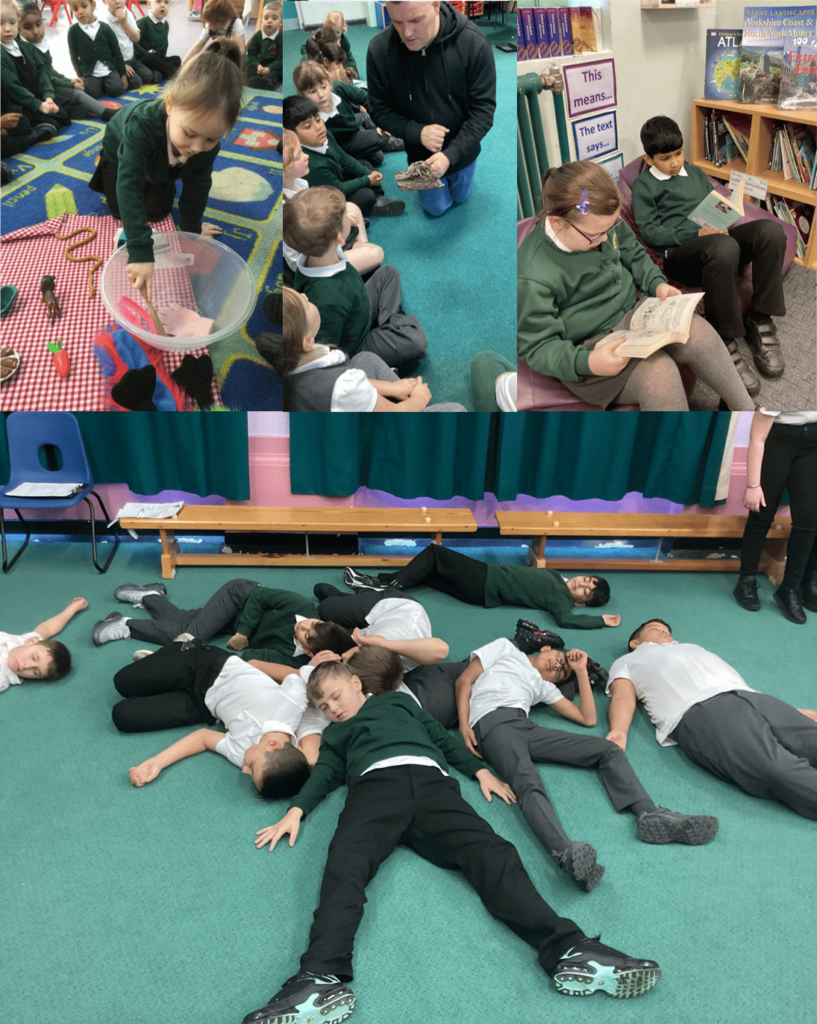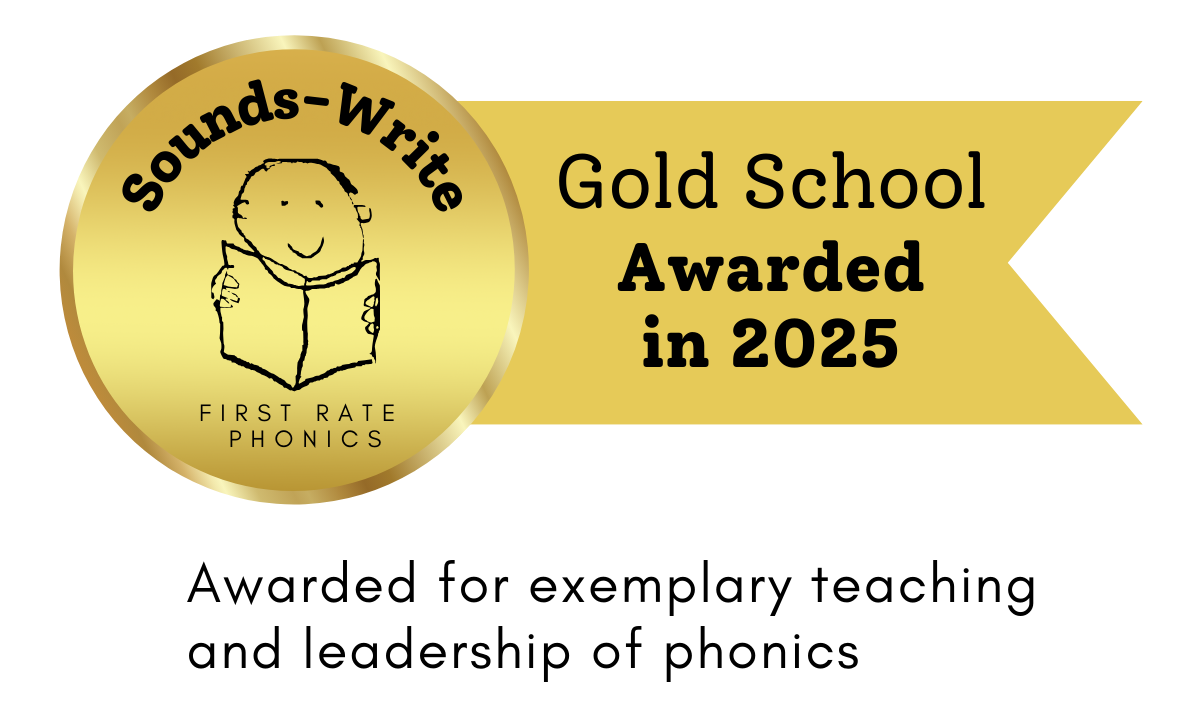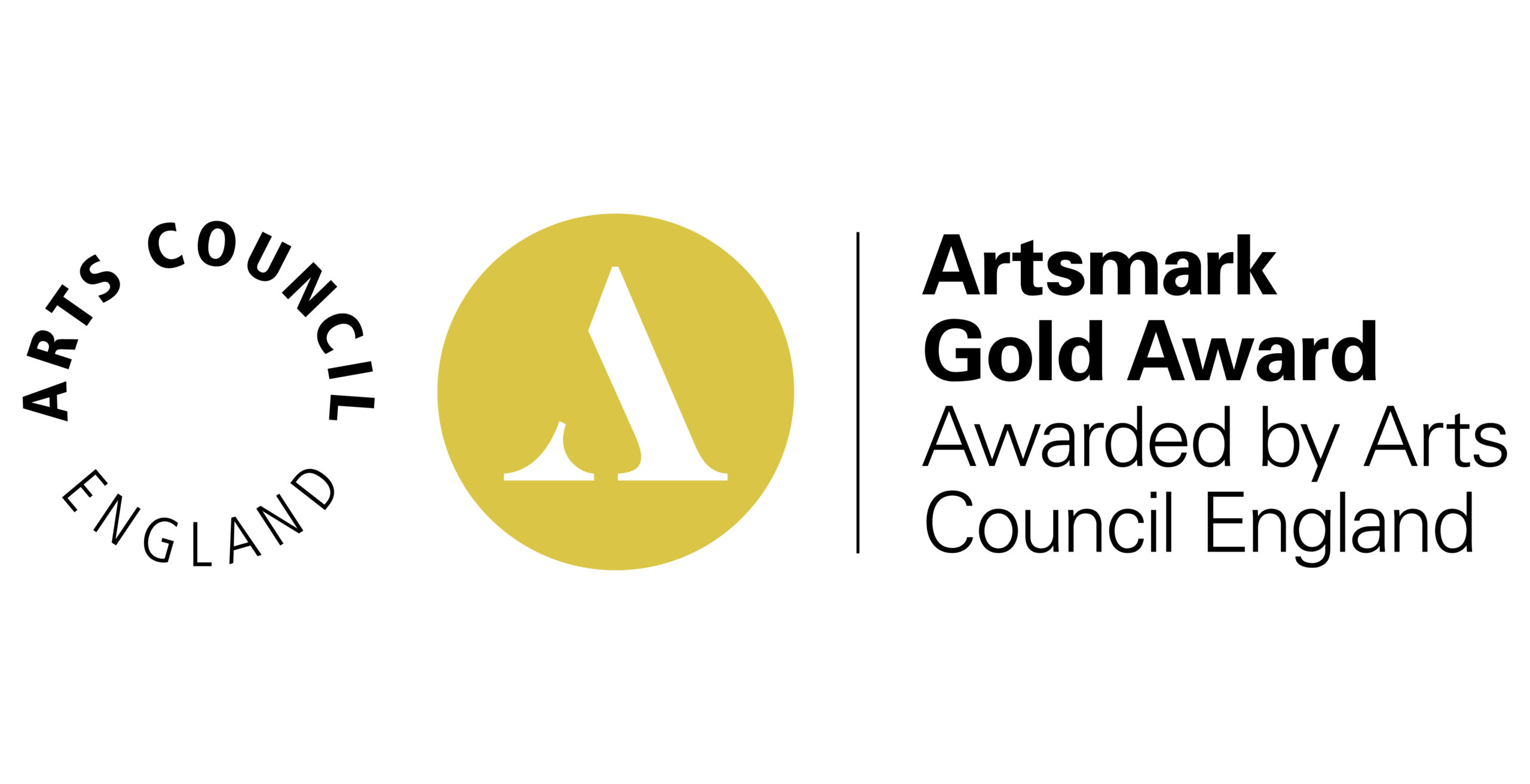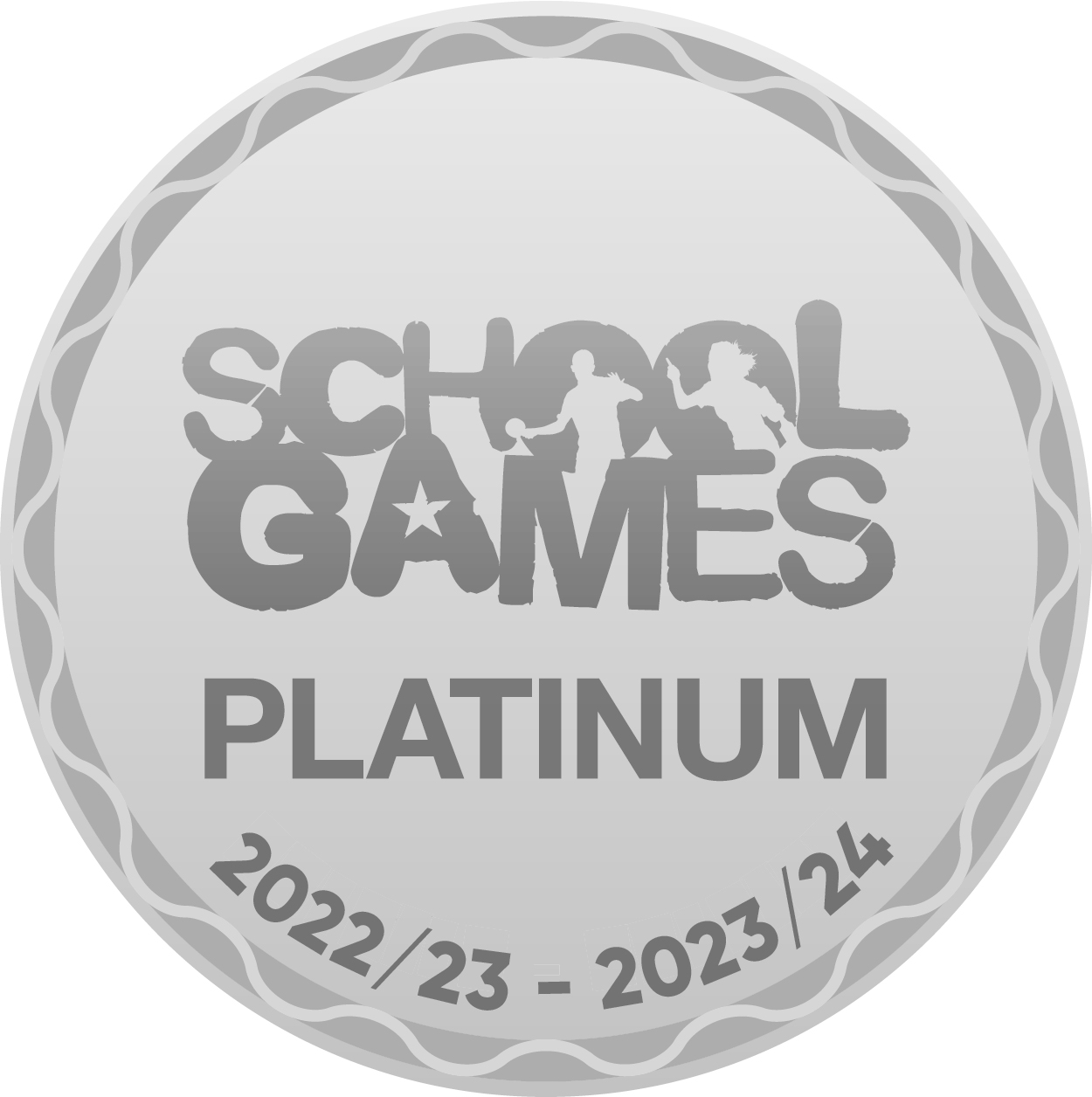English
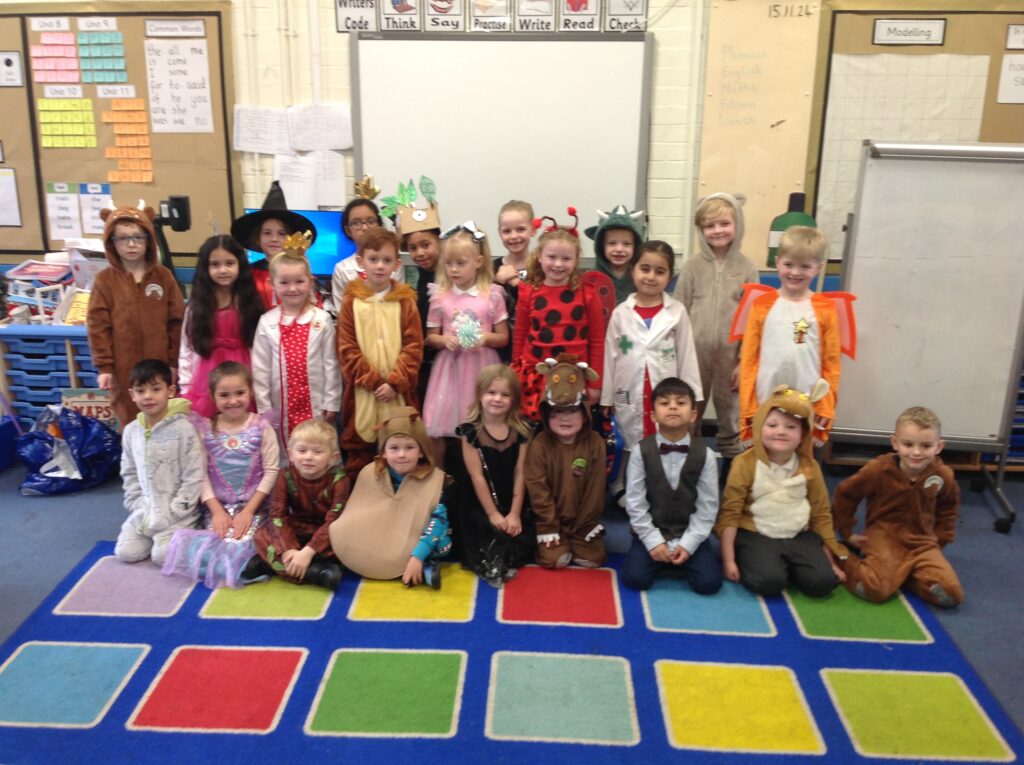
‘English is the key to unlocking the imagination, empowering voices and shaping futures.’
At Whinney Banks Primary School, we believe English is at the heart of all learning, equipping pupils with the essential skills to communicate effectively, think critically and engage with the world around them. Our vision is to ensure that every child achieves their full potential in all aspects of English, becoming confident readers, writers and communicators.
We follow the 2014 National Curriculum for English, which aims to ensure that all children:
- read easily, fluently and with good understanding
- develop the habit of reading widely and often, for both pleasure and information
- acquire a wide vocabulary, an understanding of grammar and knowledge of linguistic conventions for reading, writing and spoken language
- appreciate our rich and varied literary heritage
- write clearly, accurately and coherently, adapting their language and style in and for a range of contexts, purposes and audiences
- use discussion in order to learn; they should be able to elaborate and explain clearly their understanding and ideas
- are competent in the arts of speaking and listening, making formal presentations, demonstrating to others and participating in debate.
English forms the foundation of the entire curriculum and is vital for both educational and social progress. Our English curriculum offers a balanced and inclusive approach to reading, writing and oracy, ensuring that our children are equipped with the literacy skills they need to succeed academically, socially and emotionally.
Designed to inspire a lifelong love of reading, writing and spoken language, our English curriculum aligns with the National Curriculum and reflects evidence-based research.
Spoken Language
‘Talk is the sea upon which all else floats.’ (James Britton)
At Whinney Banks, we recognise the crucial role of spoken language in developing strong reading and writing skills, and promoting learning across the curriculum. We foster a rich language environment that engages children with high-quality texts and exposes them to diverse literature, helping them build a wide vocabulary, deepen their understanding of grammar and enhance their comprehension of texts. Our curriculum fosters the continued development of our children’s confidence in speaking and listening, enabling them to express their thoughts and ideas.
Through discussions, we support pupils in clarifying their thinking, articulating their understanding of texts and preparing their ideas for writing, laying the foundation for lifelong literacy skills. Children are given ample opportunities to develop their speaking and listening skills through discussion, debate, drama and performance, helping build confidence and fostering critical thinking. We pride ourselves on the high-quality class assemblies, plays and performances that we showcase for the whole school and parents throughout the year.
Reading
‘The more you read, the more things you’ll know; the more that you learn, the more places you’ll go.’
(Dr Seuss)
At Whinney Banks, we know the ability to read is fundamental to all aspects of life and is central to progress and development across the curriculum. Success in reading is crucial in developing children’s self-confidence and motivation to learn. We believe that all pupils should have the opportunity to become fluent, confident, and enthusiastic readers, equipped with the skills to access a broad curriculum. Our reading curriculum is designed to inspire a love of reading, ensure fluency development, and acquire deep comprehension skills, enabling all pupils to achieve their potential and thrive. Throughout school, pupils read and discuss a wide range of poetry, fiction and non-fiction texts, doing this for both pleasure and purpose. We take a research-driven approach to the teaching of reading: phonics, fluency and comprehension.
Phonics
We prioritise early reading through the Sounds-Write systematic synthetic phonics programme, laying a solid foundation for fluency and comprehension development. (Please see our Early Reading and Phonics page for further information.)
Fluency
At Whinney Banks, we aim to develop fluency in reading, ensuring pupils can read with accuracy, speed, and expression. Drawing on research, we recognise that fluency is a crucial bridge between decoding and comprehension. We use a range of fluency strategies, including choral reading, echo reading, repeated reading, paired reading, and performance-based activities to help children develop fluent reading. These strategies allow pupils to develop automatic word recognition, which frees up cognitive resources for understanding the text. Through carefully structured lessons and regular practice, pupils build fluency, which enhances both their reading confidence and overall comprehension skills.
Comprehension
To develop deep comprehension skills, we implement a range of strategies that encourage children to think critically about what they read. Teachers model active reading strategies to guide pupils in understanding complex texts. Rich, open-ended discussions about text, along with whole class reading sessions, enable children to explore themes, characters, and language in greater depth. This approach ensures that pupils not only understand the surface meaning of a text but also engage with its deeper layers, enhancing their ability to analyse, interpret, and appreciate literature.
Reading for Pleasure
We are passionate about promoting reading for pleasure, recognising that a love of reading is central to the development of lifelong learners. We promote reading for pleasure through a variety of engaging activities. Pupils are encouraged to explore books independently and develop a lifelong love for reading. We provide access to diverse, high-quality texts through class libraries, EPIC (every person in class) reading time and ‘Book Club’ sessions. Storytelling sessions bring books to life, inspiring children to connect with stories and writers. By fostering a culture of reading for enjoyment, we aim to nurture confident, motivated readers who see reading as both a source of learning and pleasure.
Writing
‘Reading is like breathing in and writing is like breathing out.’ (Pam Allyn)
At Whinney Banks, our goal is to ensure that every child becomes a confident, fluent writer, equipped with the skills to write for a variety of purposes. Our writing curriculum teaches children to write with clarity, creativity and purpose. We promote vocabulary development, grammar proficiency and an appreciation of the craft of writing.
To implement our writing curriculum, we begin by embedding the fundamentals in the early years, focusing on securing pupils’ ability to write clearly and accurately to build a solid foundation that pupils can build upon as they progress. We prioritise the development of transcription skills, including handwriting, spelling, and punctuation, ensuring that pupils master these basics before moving on to more complex tasks. Alongside this, we nurture composition skills by encouraging pupils to write creatively, expressively, and purposefully from the start. Through guided practice and explicit teaching of writing processes—including planning, drafting, revising, and editing—pupils learn to create their own pieces, whether they’re writing to entertain, inform, or persuade.
High-quality texts are at the heart of our writing curriculum. These texts inspire pupils’ writing and provide excellent models of language, structure, and style. By exposing children to a wide range of literature, we cultivate a love for language and storytelling, while giving them clear examples to imitate and adapt in their own writing. Pupils are encouraged to explore different genres, writing for a variety of audiences and contexts, helping them to develop their voice as writers. We ensure that children understand why they are writing and for whom, so that their writing is meaningful and engages their creativity. Through this structured and supportive approach, our aim is for our pupils to leave school as proficient, enthusiastic writers who can write with purpose, precision and flair.
We believe that real-life experiences enrich writing and help pupils make meaningful connections between what they learn and their own lives. Whether through trips, visitors, or practical activities in school, pupils are given a wealth of opportunities to experience the world around them and use these experiences to inform and inspire their writing.
Impact
Our English curriculum is both inclusive and ambitious, supporting all pupils to achieve their potential. The impact of our primary English curriculum is measured through both formative and summative assessments, ensuring that pupil progress is monitored and tracked. Information collected is used to identify pupils who may require targeted interventions. These interventions, delivered across all year groups, help accelerate progress. As a result, pupils make rapid progress, and by the end of their time at our school, achievement in reading and writing is above national averages, equipping pupils with the literacy skills they need for future success.
Teaching Reading at Whinney Banks
